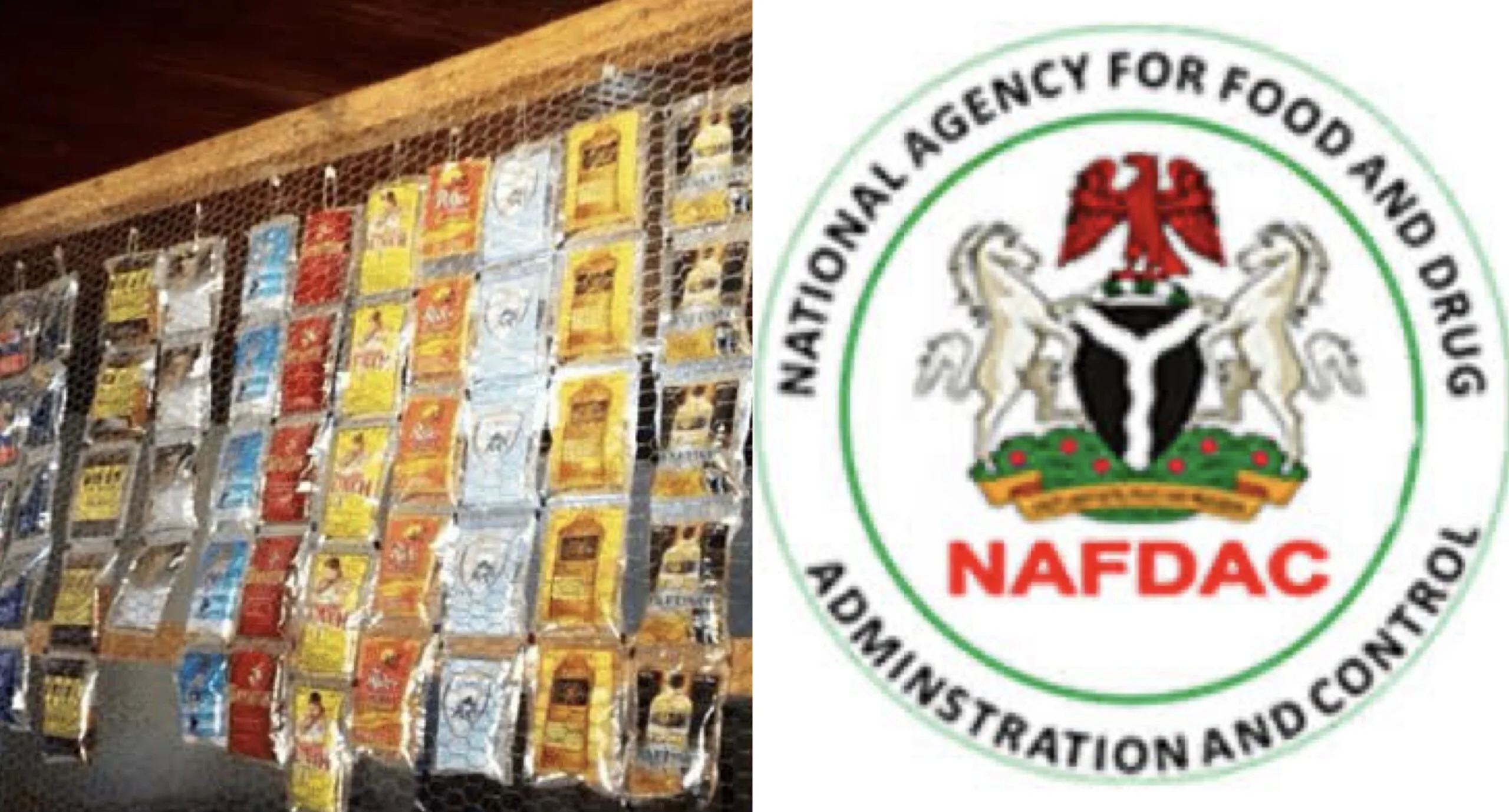The Federal government has been commended for its strides in promoting continuous endeavors aimed at enhancing the well-being and standard of living of Nigerians while tackling the urgent humanitarian challenges facing the nation.
Disclosing this on this year’s World Humanitarian Day, August 19, the Global Director of the D-8 HSP, Dr. Ado J. G. Muhammad, commended government for its proactive measures to combat poverty, such as the Nigeria Consumer Credit Corporations Scheme, the Student Loan Initiative, the introduction of Compressed Natural Gas, CNG, buses to lower transportation costs, and the lifting of tariffs on a limited range of food products, farming inputs, and equipment, among others.
“We are encouraged by the Nigerian government’s commitment to these important initiatives. We believe that continued focus on improving health and livelihoods will accelerate Nigeria’s progress toward achieving the Sustainable Development Goals (SDGs), particularly SDG 1 (No Poverty), SDG 2 (Zero Hunger), and SDG 3 (Good Health and Well-being). These efforts will contribute to a more resilient and equitable society,” Muhammad noted.
He noted that the government’s short-term plan to distribute rice to vulnerable populations is also a commendable step toward alleviating immediate hunger. The D-8 HSP also recognized the government’s Sector Wide Approach (SWAP) for health, which is poised to significantly improve health outcomes and overall livelihoods.
“This holistic strategy is expected to streamline resources, enhance coordination among stakeholders, and ensure that health services are more accessible and effective for all Nigerians. The theme for this year’s observance, Act for Humanity, underscores the importance of collaborative and sustained actions to uplift millions of Nigerians and emphasizes the value of concerted efforts over time to improve the lives of millions of Nigerians.”
The D-8 Health and Social Protection Programme is an initiative of the D-8 Organization for Economic Cooperation, focused on improving the health, livelihoods, and social protection systems of member states. The programme aligns with the Sustainable Development Goals (SDGs) to reduce poverty, hunger, and health disparities, working in partnership with governments, NGOs, and other stakeholders.



